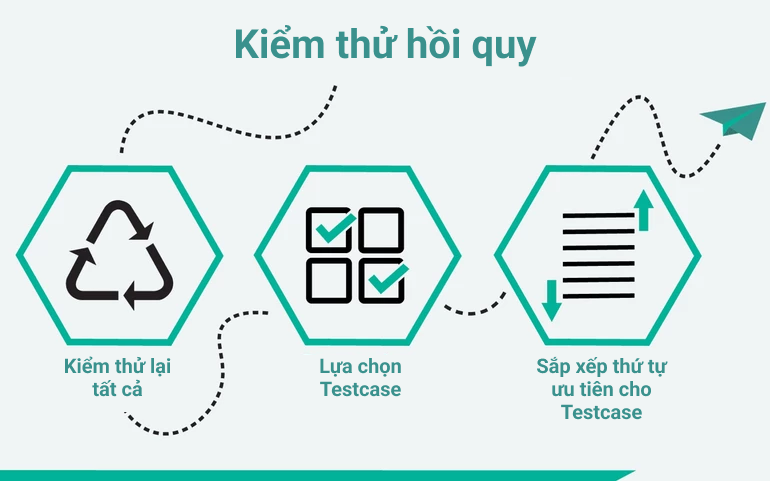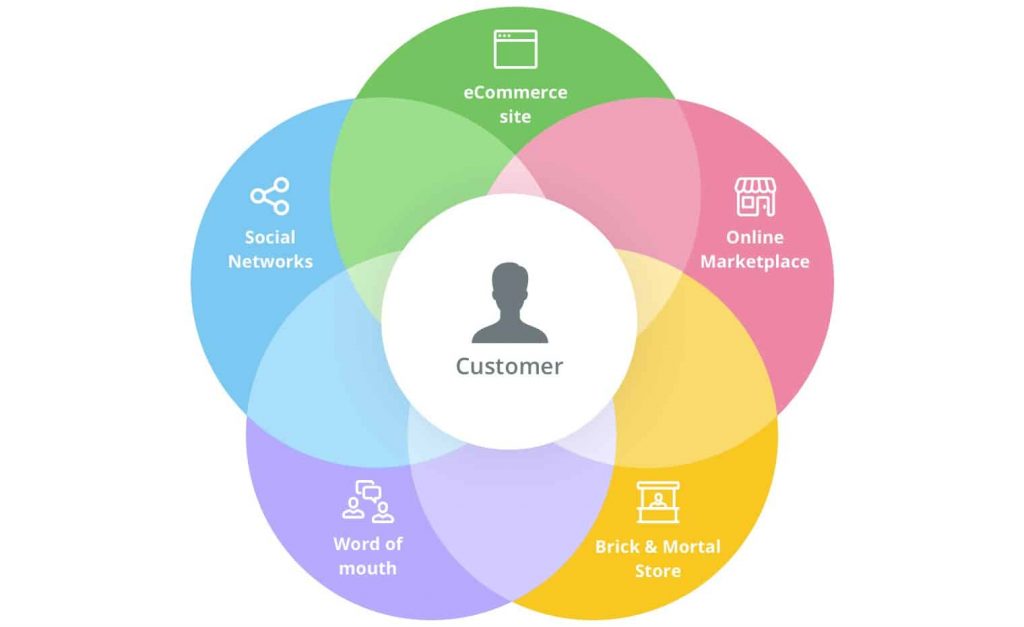Table of Contents
As an E-Commerce Development Agency, you strive to deliver robust and dependable online experiences for your clients. Regression testing becomes crucial in guaranteeing that any modifications made to an e-commerce platform, like Magento, won’t unintentionally trigger new bugs or destabilize existing features. It’s a safety net that catches surprises after updates, especially important in e-commerce where even minor glitches can disrupt sales and damage customer trust.
When does an E-Commerce Development Agency need to provide Regression Testing?
Regression testing verifies that code changes haven’t adversely affected existing functionality. It’s a post-update safeguard, identifying unforeseen issues that might arise. This is particularly essential in e-commerce, where new features, bug fixes, and integrations can sometimes lead to unexpected conflicts.
- Fixing or patching bugs in a running system
- Adding new features to the system
- Changing existing features
- Changing the configuration
- Integrating systems
- Optimizing code to improve non-functional requirements like security, performance
At CO-WELL, our scope and impact analysis leverages comprehensive, detailed, and meticulous techniques honed through extensive project experience. This ensures quality and cost-effectiveness aligned with customer specifications.
The testing process will be tailored to align with:
- Software development model
- Project process
- Characteristics and fields of the product
- Project risks and system risks
- Available resources and existing resources
How CO-WELL determines the Scope of Testing
With extensive experience in conducting thorough regression testing for e-commerce projects, CO-WELL tailors its process to meet specific agency needs and ensure top-notch results.
1. Analyze requirement
1.1 Read, and analyze customer requirement documents.
1.2 Analyze, and assess the impact of changes on the current system.
- Determine potential risks.
- Assess the scale of changes.
1.3 Estimate testing effort.
1.4 Create a testing plan
2. Build Test Cases

2.1. Identify/Write Test Cases and test Scenarios for new requirements.
2.2. Select Test Cases for affected areas:
- Run all Test Cases again.
- Run a portion of Test Cases: parts affected by the change.
- Choose Test Cases based on priority order (importance level, business impact).
3. Test Case Selection Method
Poor planning can overwhelm testing. Carefully selecting relevant test cases is crucial for their effectiveness and manageability during the process.
Focus on test cases associated with recent code or functionality changes as they pose a higher risk of issues. Document these changes to identify and preserve test cases for potential regression suite inclusion later on.
- Test cases that detect multiple errors
- Test cases used by a large number of users for a function
- Test cases containing the main flow of the system
- Test cases for recently modified new features
- Test cases integrated with other systems
- Test cases for complex functions
- Validation test cases
- Some test cases for successful scenarios
- Some test cases that failed in previous tests
Why Is Regression Testing Necessary?
To ensure that system changes do not impact existing functionalities by:
- Analyzing the impact, and determining the scope requiring testing when changes occur.
- Identifying errors resulting from the changes and their impact on related functionalities.
Why should you choose CO-WELL’s QA service?
At CO-WELL Asia, our focus lies in prioritizing product quality and ensuring utmost customer satisfaction.
Consequently, our testing procedures adhere to stringent protocols, involving oversight from multiple stakeholders to guarantee excellence at every phase of software development.
CO-WELL has established a comprehensive set of processes and standards, refined through years of practical experience. These protocols have been successfully implemented in various projects, receiving commendable feedback from both internal teams and end-users.
The application of Regression Testing is a standard practice across all our projects, diligently executed whenever there are code modifications within systems.
All our Quality Assurance (QA) professionals undergo thorough training in Testing procedures. With a robust team of QAs, we ensure ample resources are readily available to accommodate projects requiring multiple Testing cycles.
In addition to our proficient Manual QA team, CO-WELL boasts an adept automation QA team equipped with diverse skills and extensive experience in leveraging automated testing tools. This initiative optimizes our workflow, streamlines testing processes, reduces expenses, and enhances overall performance.
Feel free to TALK WITH US and discover more about CO-WELL’s services via our tailored Website Development Services or Others Development Services, uniquely crafted to propel your business to greater heights.








